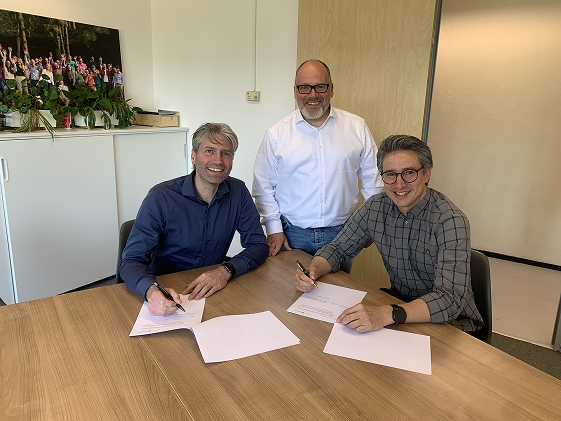
Minimizing physical and financial costs
Occupational disease refers to illness or injury caused by someone’s employment. For instance, exposure to chemicals that over time severely impact your health. It also refers to the increased risk that people working certain jobs face, compared to the general population. For example, people working in construction face a higher chance of getting cancer, or suffering back injuries and upper limb disorders.
Occupational disease creates physical and financial costs for both employers and employees, so there is united demand to prevent or minimize injury as much as possible. The challenge is that whilst companies typically have information about the exposure of employees, they don’t have employees’ corresponding medical records or treatment information, which lies with GPs and other care providers. As it is sensitive data, medical records are restricted and employees would potentially be hesitant to give consent for employers to review this information. Roseman Labs provides a solution for this.
Linking exposure data and working conditions
Exposure data can be linked to medical records of affected persons without exposing the individual employee information. Medical records remain completely secret and only the statistical results across a certain number of employees, are disclosed.
To better understand occupational diseases and to detect them at the earliest possible stage, it is important to correlate working conditions (where and how you work, as well as exposure to certain materials or other specific work conditions) with early indicators of illness or poor wellbeing (including simple indicators like headaches or poor sleep).
Both companies and employees have a vested interest to better understand these diseases and detect them at an early stage - especially if the correlation between a working condition and certain symptoms are not yet well understood, as it may take a long time before the relationship is recognized.
Using Roseman Labs, occupational disease can be better understood, treatments can be made more effective, and processes can be put in place to prevent injury – saving employers and employees from significant physical and financial cost.
Note: Setting up data collaboration between different parties, involving personal information always require a Data Privacy Impact Assessment (DPIA). The described use case may require specific legal measures or conditions, dependent on the exact setting and local interpretation of GDPR and other regulations.
Book a demo
Curious to know what we can do for you? Leave your details and we'll get in touch with you.
- Analyze vast amounts of data in the blink of an eye
- Safely use sensitive data with state-of-the-art encryption
- Gain new insights to make well informed decisions


